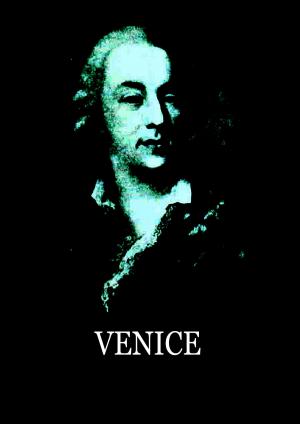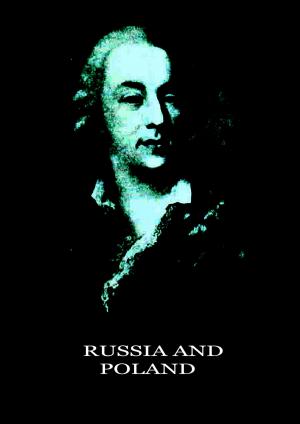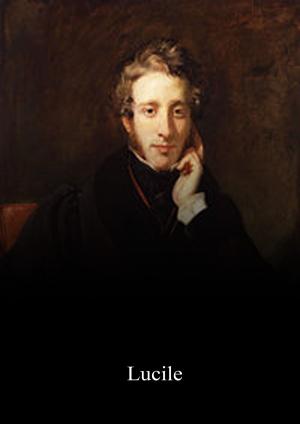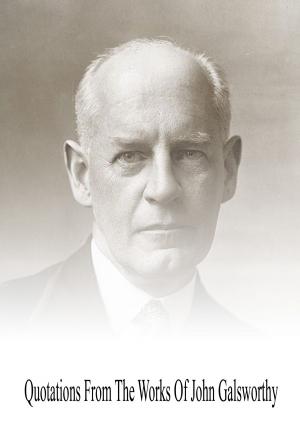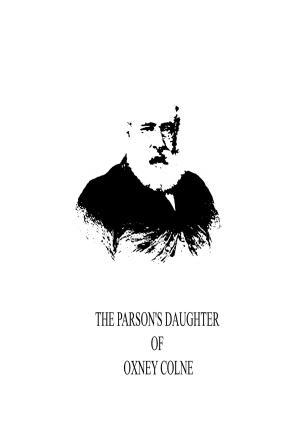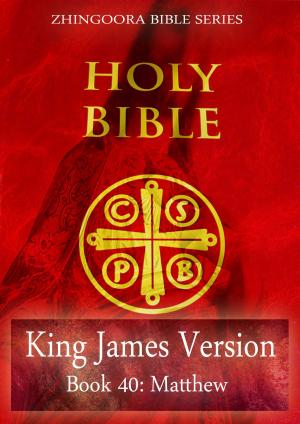| Author: | Count Lyof N. Tolstoy | ISBN: | 1230000034789 |
| Publisher: | Zhingoora Books | Publication: | December 1, 2012 |
| Imprint: | Language: | English |
| Author: | Count Lyof N. Tolstoy |
| ISBN: | 1230000034789 |
| Publisher: | Zhingoora Books |
| Publication: | December 1, 2012 |
| Imprint: | |
| Language: | English |
Christmas Summary Classics
This series contains summary of Classic books such as Emma, Arne, Arabian Nights, Pride and prejudice, Tower of London, Wealth of Nations etc. Each book is specially crafted after reading complete book in less than 30 pages. One who wants to get joy of book reading especially in very less time can go for it.
COUNT LYOF N. TOLSTOY
Anna Karenina
Lyof (Lev or Leo) Tolstoy (who objects to his name being transliterated Tolstoi) is generally recognised as the noblest figure in modern Russia. He was born on the family estate at Yasnaya Polyana, in the Government of Tula, about 100 miles south of Moscow, on August 28 (new style September 9), 1828. His father, Count N.I. Tolstoy, who retired from the army about the time of his son's birth, had been among the prisoners taken by Napoleon's invading forces in the war of 1812. He died suddenly in 1837. Young Tolstoy after three years at Kazan University decided to abandon his college studies without graduating, so repelled was he by the degraded character of the average student. Retiring to his estate at Yasnaya Polyana in 1847, he sought, though without success, to ameliorate the condition of his serfs. The Imperial decree of emancipation was not promulgated till 1861. In 1851 Count Tolstoy joined the army in the Caucasus, and shortly afterwards he participated in the defence of Sebastopol during the great Crimean War. Since that period his life has been a wonderful career of literary success. On his fine estate, with his large family and his servants about him, he lives the life of a simple peasant, advocating a form of socialism which he considers to constitute a practical interpretation of the Sermon on the Mount. In "Anna Karenina" Tolstoy manifestly aims at furnishing an elaborate delineation of the sociological ethics of high life in Russia. It is a lurid and sombre recital, of the most realistic kind. It is not a story of the masses, for no prominent characters from lower life appear. Little is seen of the ways and doings of the poor. All the real personages of this story are members of the fashionable section of St. Petersburg and Moscow, or are great landed proprietors, or high officials. In these pages appear some of the noblest and some of the most profligate characters, and all are perfectly typical. As in all the writings of Tolstoy, wit and humour are entirely lacking, but the emotionalism is intense, the psychological analysis is masterly, and the fidelity to actual conditions is scrupulous. The tale is a moral one, written with a purpose that is consistently pursued throughout. Sin is displayed without a mask, and its retribution is shown to be inevitable. There is no attempt at varnishing or veneering the surface of a lax moral order. The idea prevails among critics that Tolstoy himself appears in this novel under the character of Levin. (See also Vol. X, p. 291.)
Christmas Summary Classics
This series contains summary of Classic books such as Emma, Arne, Arabian Nights, Pride and prejudice, Tower of London, Wealth of Nations etc. Each book is specially crafted after reading complete book in less than 30 pages. One who wants to get joy of book reading especially in very less time can go for it.
COUNT LYOF N. TOLSTOY
Anna Karenina
Lyof (Lev or Leo) Tolstoy (who objects to his name being transliterated Tolstoi) is generally recognised as the noblest figure in modern Russia. He was born on the family estate at Yasnaya Polyana, in the Government of Tula, about 100 miles south of Moscow, on August 28 (new style September 9), 1828. His father, Count N.I. Tolstoy, who retired from the army about the time of his son's birth, had been among the prisoners taken by Napoleon's invading forces in the war of 1812. He died suddenly in 1837. Young Tolstoy after three years at Kazan University decided to abandon his college studies without graduating, so repelled was he by the degraded character of the average student. Retiring to his estate at Yasnaya Polyana in 1847, he sought, though without success, to ameliorate the condition of his serfs. The Imperial decree of emancipation was not promulgated till 1861. In 1851 Count Tolstoy joined the army in the Caucasus, and shortly afterwards he participated in the defence of Sebastopol during the great Crimean War. Since that period his life has been a wonderful career of literary success. On his fine estate, with his large family and his servants about him, he lives the life of a simple peasant, advocating a form of socialism which he considers to constitute a practical interpretation of the Sermon on the Mount. In "Anna Karenina" Tolstoy manifestly aims at furnishing an elaborate delineation of the sociological ethics of high life in Russia. It is a lurid and sombre recital, of the most realistic kind. It is not a story of the masses, for no prominent characters from lower life appear. Little is seen of the ways and doings of the poor. All the real personages of this story are members of the fashionable section of St. Petersburg and Moscow, or are great landed proprietors, or high officials. In these pages appear some of the noblest and some of the most profligate characters, and all are perfectly typical. As in all the writings of Tolstoy, wit and humour are entirely lacking, but the emotionalism is intense, the psychological analysis is masterly, and the fidelity to actual conditions is scrupulous. The tale is a moral one, written with a purpose that is consistently pursued throughout. Sin is displayed without a mask, and its retribution is shown to be inevitable. There is no attempt at varnishing or veneering the surface of a lax moral order. The idea prevails among critics that Tolstoy himself appears in this novel under the character of Levin. (See also Vol. X, p. 291.)
![Cover of the book Anna Karenina [Christmas Summary Classics] by Count Lyof N. Tolstoy, Zhingoora Books](https://www.kuoky.com/images/2012/december/500x500/1230000034789-wZT5_500x.jpg)

![Cover of the book Letters and speeches of Oliver Cromwell [Christmas Summary Classics] by Count Lyof N. Tolstoy](https://www.kuoky.com/images/2012/november/300x300/1230000034593-Dpy6_300x.jpg)
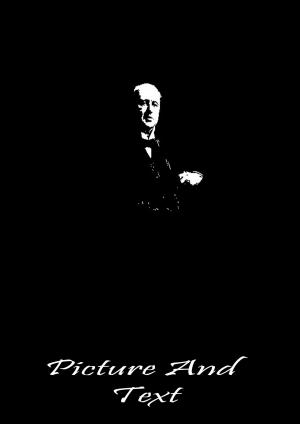
![Cover of the book A Sentimental Journey through France and Italy [Christmas Summary Classics] by Count Lyof N. Tolstoy](https://www.kuoky.com/images/2012/december/300x300/1230000037097-g3Hh_300x.jpg)
![Cover of the book A Voyage To The Moon [Christmas Summary Classics] by Count Lyof N. Tolstoy](https://www.kuoky.com/images/2012/november/300x300/1230000032264-U8Mx_300x.jpg)

![Cover of the book Travels to Discover the Source of the Nile [Christmas Summary Classics] by Count Lyof N. Tolstoy](https://www.kuoky.com/images/2012/december/300x300/1230000037117-h5hb_300x.jpg)
